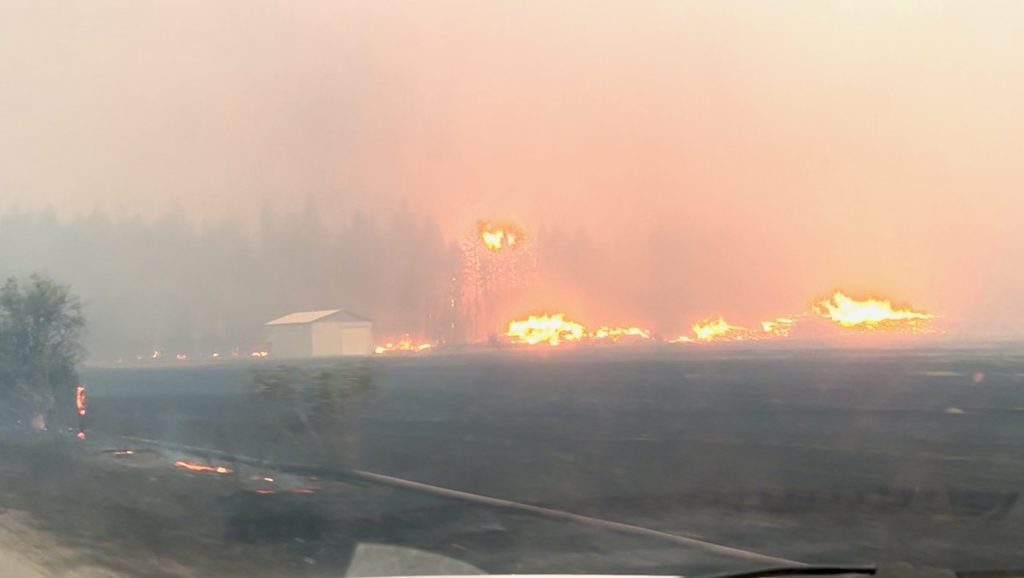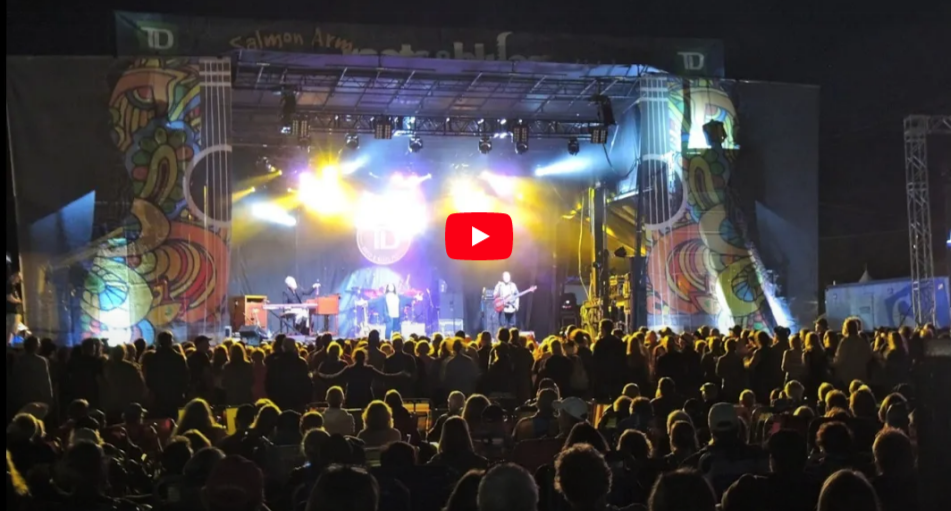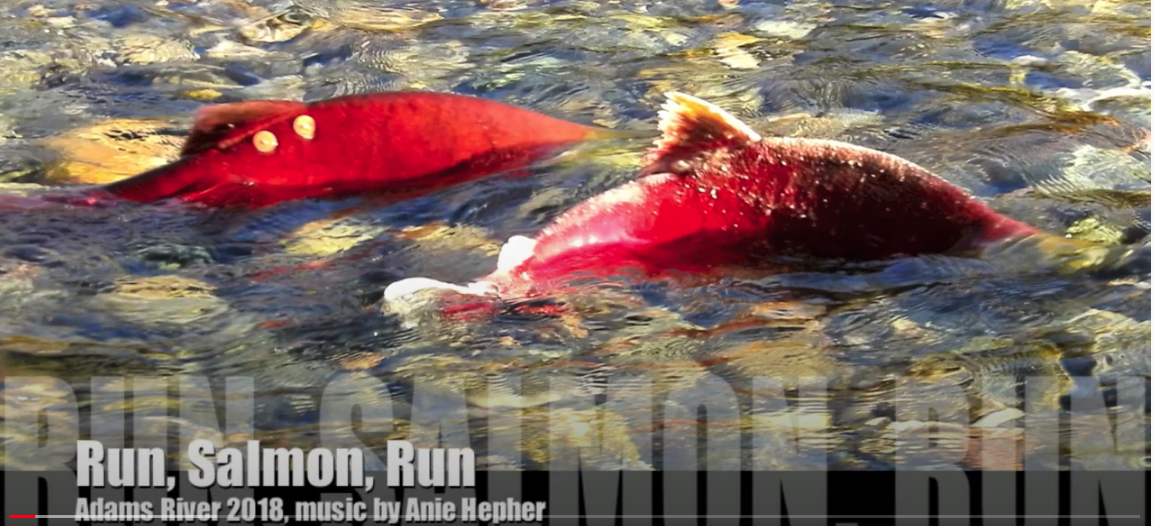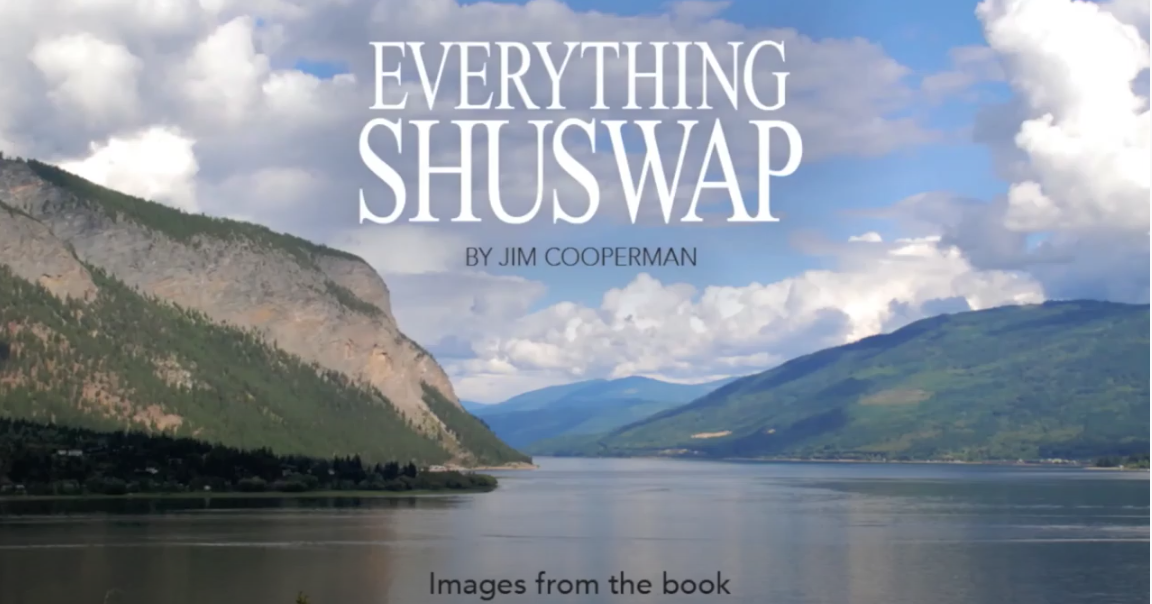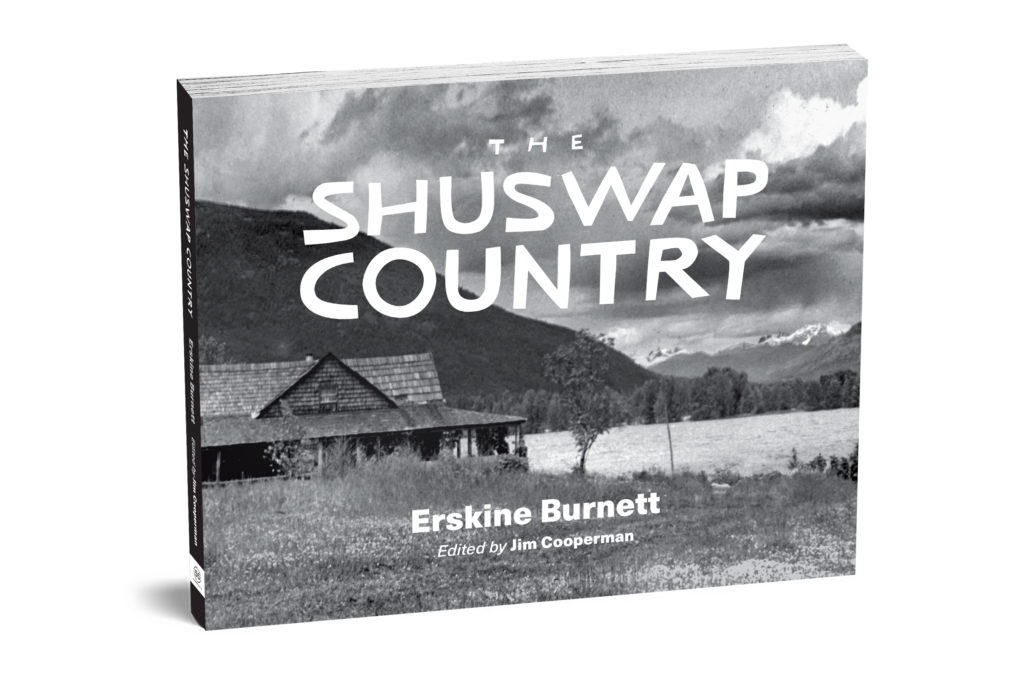
After keeping his eye on the Adams Lake East wildfire for weeks, Butch Bouchard was prepared to protect his home, property, and business. He had pumps, hoses, a 10,000-gallon pool filled with water and sprinklers set up, plus a nearly endless supply of water from his well. Yet on August 18th, the day of the firestorm, it was not the Adams Lake East fire nor the backburn that threatened the 17 homes in his Eva Road neighbourhood on the western edge of Lee Creek. Instead, it was the Bush Creek fire raging south in the windstorm after it blew across the Adams River into Tsútswecw Provincial Park that was spewing large embers on to his property and his neighbours.
Although Butch and a few of his neighbours were prepared to stay and fight the fires, when the heat became intense, they decided to evacuate just after 7 pm. He described the scene as “like lava shooting in the sky.” After driving through an inferno to reach Sorrento where he met up with his wife Shelly and their nephew, it too was being evacuated. Once they set up in their camper in Salmon Arm, he decided to return and arrived back at 3 am where he found his neighbour Avery Shoaf busy battling spot fires with only a shovel.
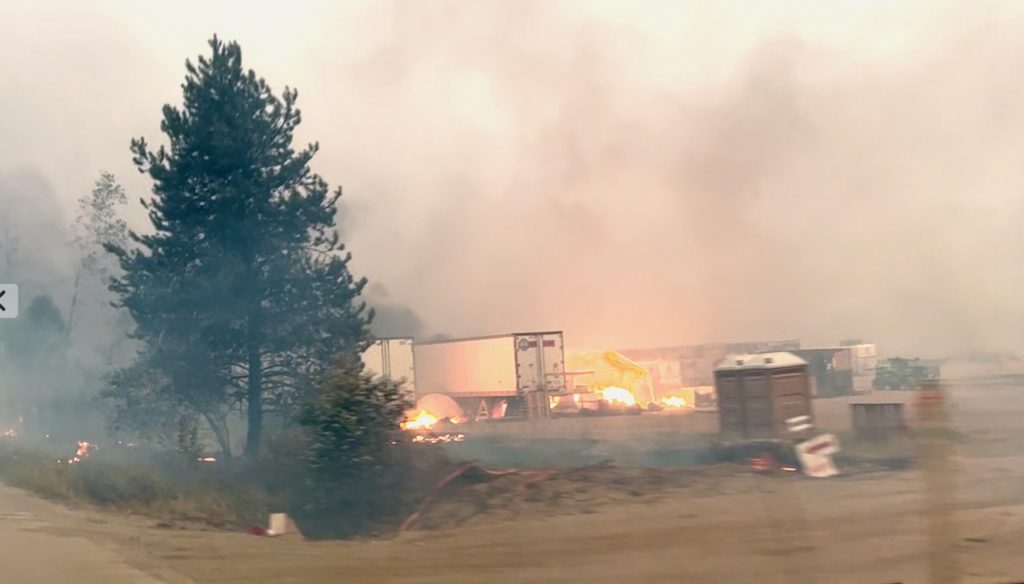
The imminent danger was to the north, as the fire was approaching his neighbour Wayne’s home that is close to the gravel pit. Using his excavator, Butch was able to halt the spread of the blaze by pushing trees down and spreading dirt on top of the fire. He then went on to build a small fire guard to prevent the fire from approaching into their neighbourhood from the northwest.
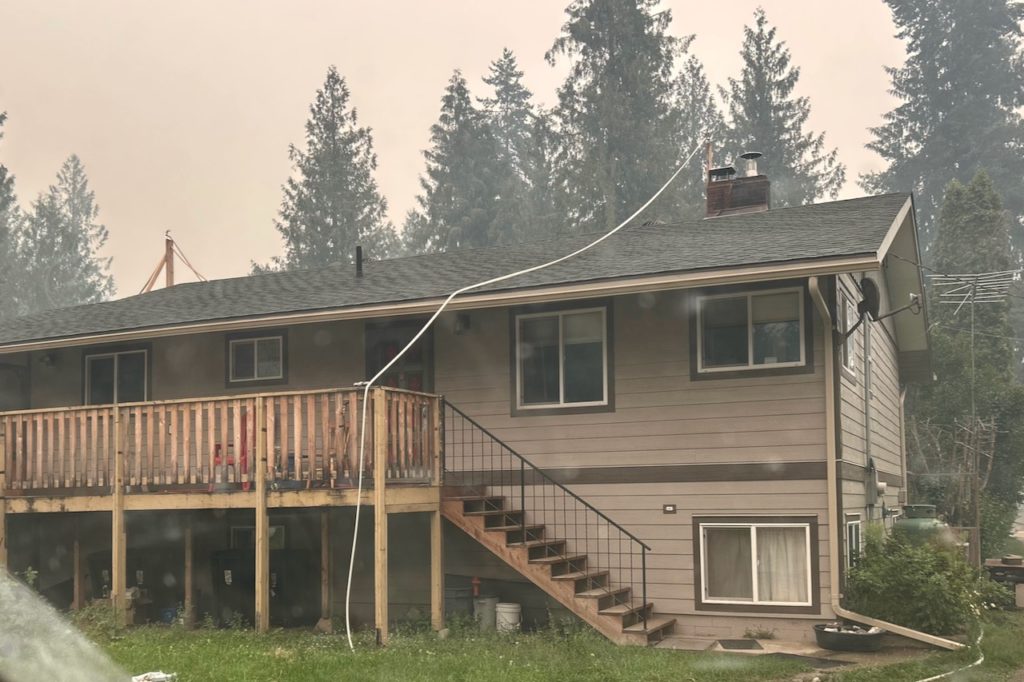
To protect the Eva Road homes, a BC Wildfire Service (BCWS) contracted structural protection crew had set up sprinklers, hoses, pumps, and two 25,000-gallon water containers in their neighbourhood. However, on the 18th when BCWS was forced to evacuate their camp at Squilax, they neglected to turn on the fire protection system. Fortunately, the former Scotch Creek/Lee Creek Fire Department chief, Mike Engholm, who also lives on Eva Road, helped his neighbours get the sprinklers working.
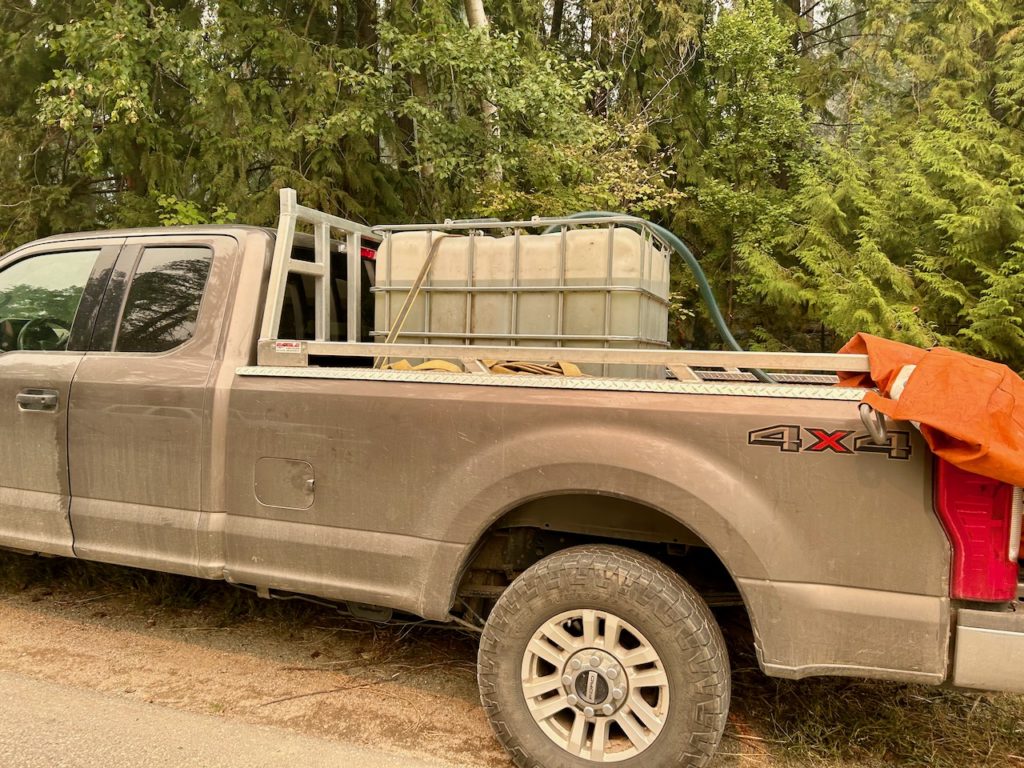
It took four days before any BCWS crew showed up at the Eva Road neighbourhood and during those critical early days after the firestorm, approximately eight of Butch’s neighbours worked day and night putting out spot fires. They used two makeshift water trucks equipped with pumps and hoses to extinguish the blazes both in their neighbourhood and across the highway in Tsútswecw Park, where the spot fires were sending embers across the road threatening their homes.
Butch did not have as many problems getting supplies with his truck as others in the community, because it looked like a BCWS vehicle, hence the police would allow him through the roadblocks. However, one day when they were hosing down another spot fire in the park, two conservation officers with guns on their belts approached and ordered them to return home or face arrest and a $10,000 fine. When Butch asked them if they “wanted his neighbourhood to burn down,” one officer surprisingly replied, “yes.” Fortunately, they soon drove away, and Butch and the others were able to continue extinguishing fires.
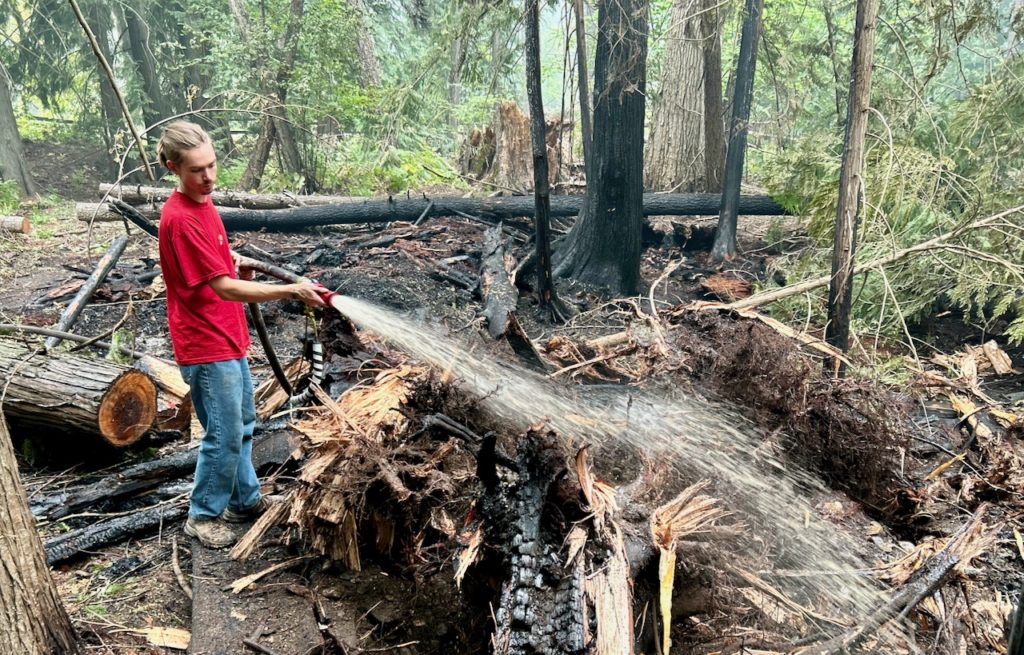
Dubbed the ‘Eva Road volunteer fire department,” the neighbourhood team worked day and night for two weeks to protect their homes. Keeping the crew fed was a task that Butch’s daughter Morgan took on, along with cleaning up and keeping them hydrated. On day seven, Avery helped organize a S-100 firefighting course in Scotch Creek and Butch enrolled so his work could be legitimized. After Butch was trained, he was asked to join a BCWS crew using shovels and hoses, but he decided to remain in his neighbourhood to protect their homes with his water truck and excavator.
The fire fight at the Western front was repeated in neighbourhoods throughout the North Shuswap during the tumultuous two weeks after the firestorm, when there were thousands of spot fires to extinguish, far more than the BCWS could have dealt with, had they even the crew numbers needed to do the job. Despite their success, Butch and the many North Shuswap heroes like him remain bitter about the experience, because as he remarks, “we were treated worse than criminals.”
POSTSCRIPT
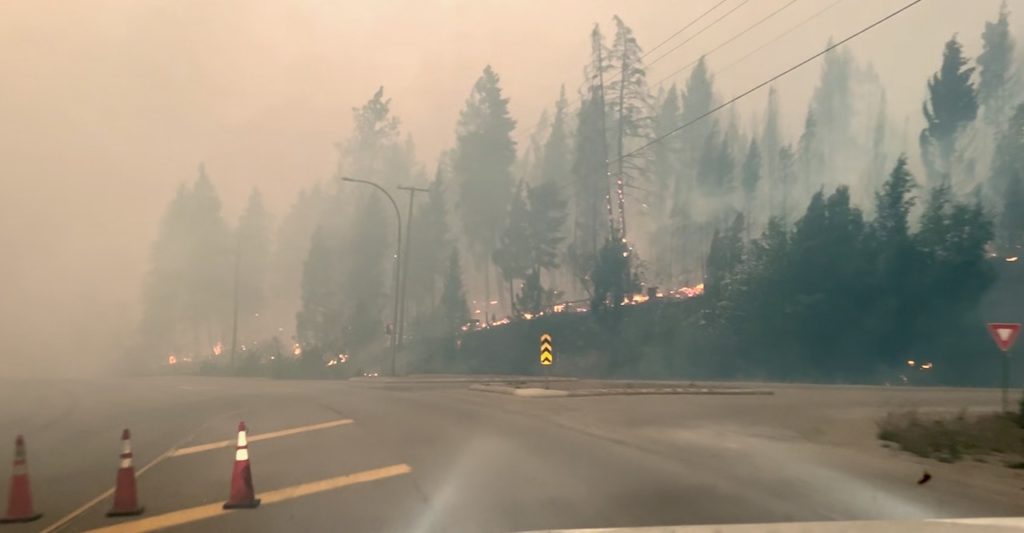
When the BCWS “red shirts” arrived at Eva Road to help douse hot spots, they actually worked with the Eva Road locals. They had a specialized team called the “Rhinos,” and they put in a bladder full of water up by the gravel pit. There was some cooperation between the locals and these red shirts, which is the opposite of the narrative in the media, that locals “were in the way” of the BCWS. When the BC Hydro crew arrived, they fell some trees along the road and some ended up lading in spot fires causing more problems and more work for the local team.
Avery was the only local firefighter to be arrested for driving on the road. He had to spend one hour in hand-cuffs in his own yard, before the police decided to let him go. Meanwhile, his truck was left along the side of the road and the back of it became on fire. Fortunately, he was able to rescue it in time before it was destroyed.
Another issue with many of the local firefighters is that they had to spend their own funds on equipment and fuel, for which they will never be compensated. Butch estimates that he spent approximately $8,000 and for other the costs were even higher.
